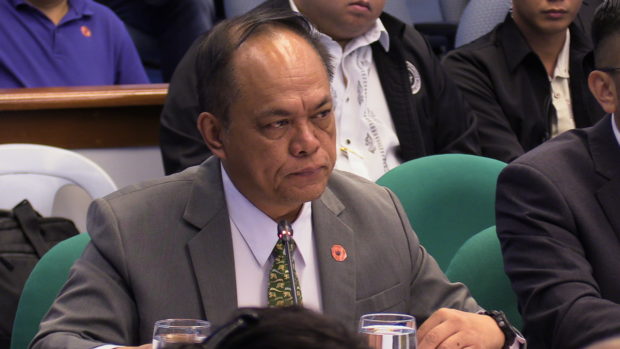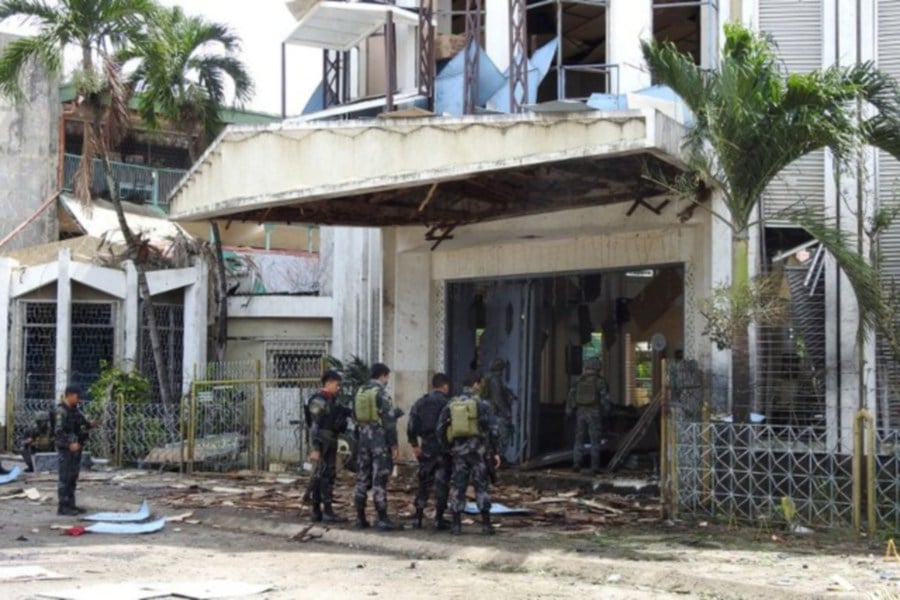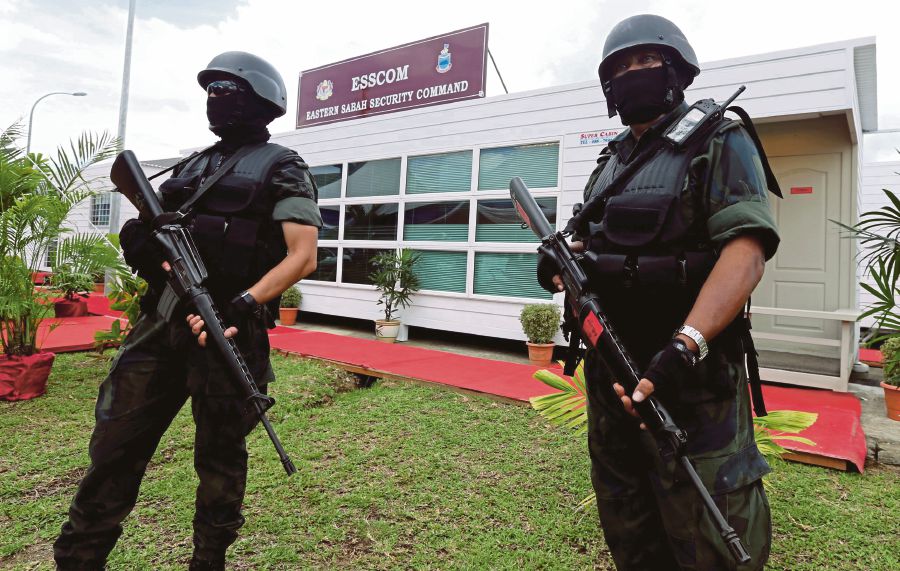According to a security assessment of the Philippine National Police (PNP), threats from extremist groups affiliated with and sympathetic to the Islamic State of Iraq and Syria (ISIS) have been significantly reduced over the past two years.

PNP spokesman Brig. Gen. Bernard Banac (SCREENSHOT / PNP / MANILA BULLETIN)
PNP spokesman Brig. Gen. Bernard Banac said police and military forces managed to gain control of the areas where threat groups like the Maute Group usually operate.
Banac made the statement after martial law was lifted at midnight on Wednesday, ending its two-year implementation in Marawi City that was first declared in May 2017 when Maute gunmen laid siege to the area.
“The state of lawlessness that prompted the declaration of martial law in Mindanao has been significantly contained since the IS-Maute rebellion was decisively crushed in October 2017,” Banac said.
Government forces recovered the entire downtown of Marawi City after five months of intense gun battles and mortar and air strikes.
But it came with a great price as the entire city was reduced to rubble, and two years later, no significant rehabilitation has been made.
“During that period, government gained a solid foothold in some influenced and threatened communities where it effectively established military and police presence,” Banac said. “In the process, the enemy was denied mass base support and room to maneuver and expand, rendering it immobile to some extent.”
The attack in Marawi City occurred a few months after President Rodrigo Duterte dared the Maute Group to attack the area amid prior intelligence reports about the siege plot.
Two year after martial law, Banac said what remains are the perennial peace and order spoilers in the traditional trouble spots in the island provinces of Western Mindanao and some small localities in Central Mindanao.
“The PNP shares the wisdom of the Defense and Interior departments and the AFP that martial law need not be further implemented in Mindanao,” Banac said. “We express our sincere appreciation and thank the public for their patience and understanding, and for continued support and cooperation during the martial law period and beyond.”
Banac added that the PNP remains alert and vigilant to prevent the occurrence of crimes and respond to any call for assistance.
Banac made the statement after martial law was lifted at midnight on Wednesday, ending its two-year implementation in Marawi City that was first declared in May 2017 when Maute gunmen laid siege to the area.
“The state of lawlessness that prompted the declaration of martial law in Mindanao has been significantly contained since the IS-Maute rebellion was decisively crushed in October 2017,” Banac said.
Government forces recovered the entire downtown of Marawi City after five months of intense gun battles and mortar and air strikes.
But it came with a great price as the entire city was reduced to rubble, and two years later, no significant rehabilitation has been made.
“During that period, government gained a solid foothold in some influenced and threatened communities where it effectively established military and police presence,” Banac said. “In the process, the enemy was denied mass base support and room to maneuver and expand, rendering it immobile to some extent.”
The attack in Marawi City occurred a few months after President Rodrigo Duterte dared the Maute Group to attack the area amid prior intelligence reports about the siege plot.
Two year after martial law, Banac said what remains are the perennial peace and order spoilers in the traditional trouble spots in the island provinces of Western Mindanao and some small localities in Central Mindanao.
“The PNP shares the wisdom of the Defense and Interior departments and the AFP that martial law need not be further implemented in Mindanao,” Banac said. “We express our sincere appreciation and thank the public for their patience and understanding, and for continued support and cooperation during the martial law period and beyond.”
Banac added that the PNP remains alert and vigilant to prevent the occurrence of crimes and respond to any call for assistance.







 supporting
supporting 









